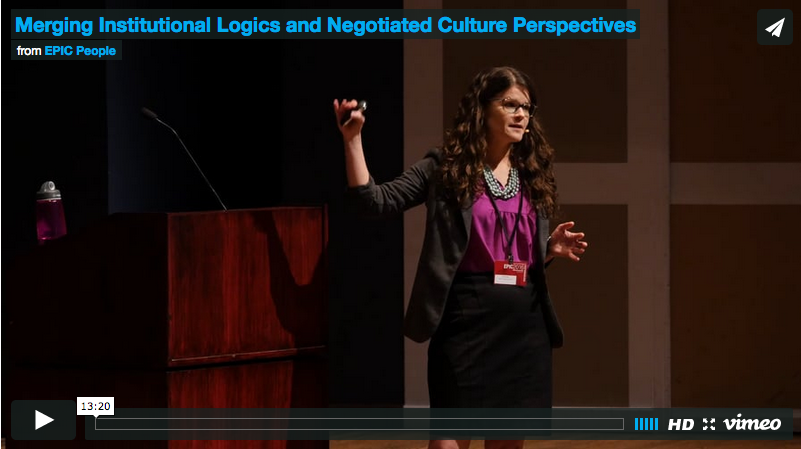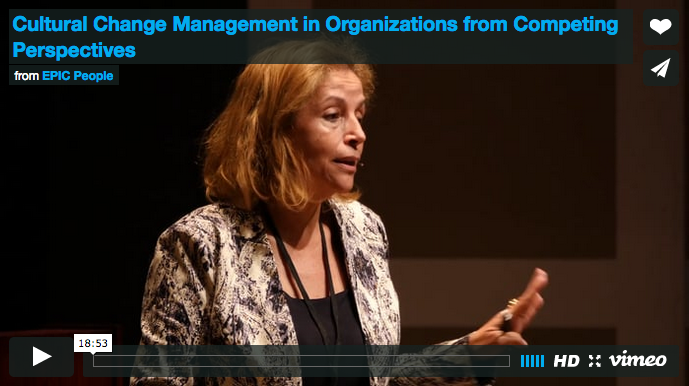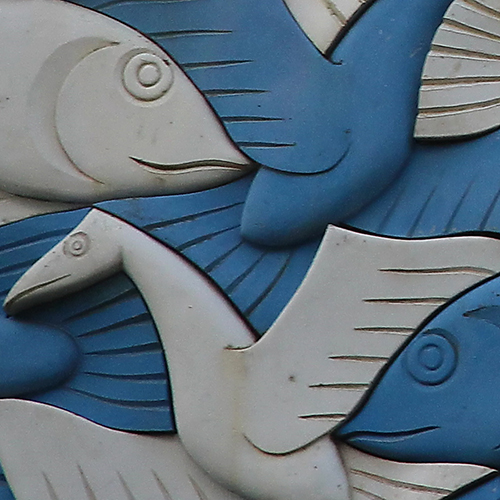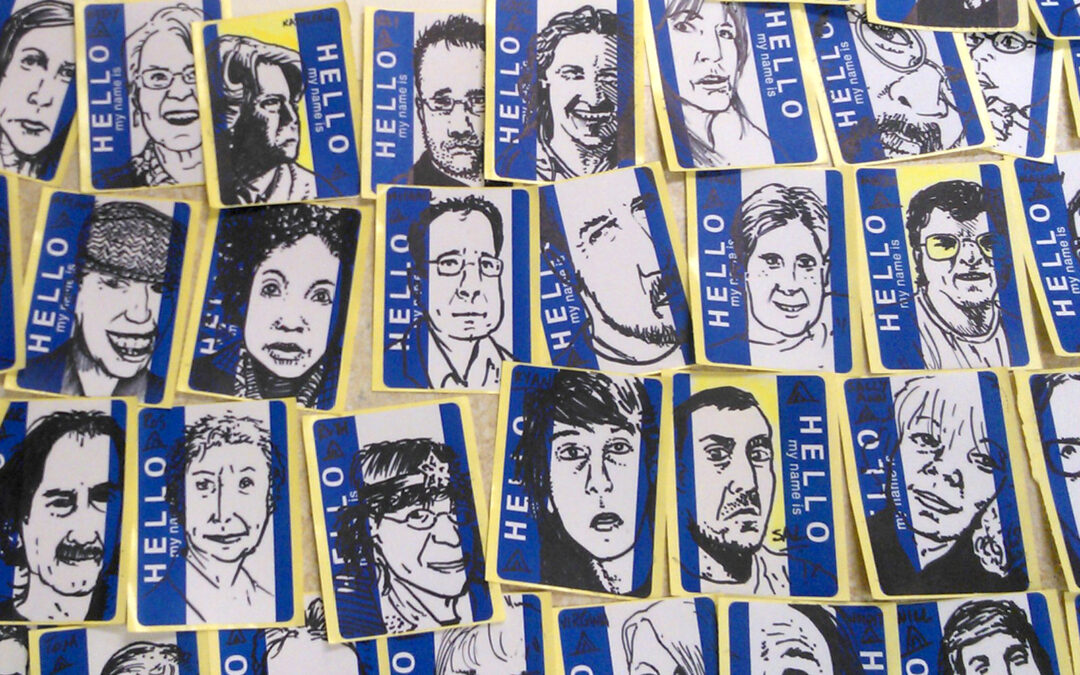In 1814, the polymath Pierre Simon Laplace posited that “We may regard the present state of the universe as the...


In 1814, the polymath Pierre Simon Laplace posited that “We may regard the present state of the universe as the...

Showcasing a sixteen-month ethnographic study of a coalition to end homelessness in Western Canada, we show how the integration of two theoretical perspectives—institutional logics and negotiated culture—can be used as complementary, yet distinct lenses to better inform the practice of cross...

Tutorial Instructors: SUMMARY This tutorial will provide you with a foundational understanding of how businesses operate from financial, organizational, and strategic standpoints. However, rather than providing...

Since the 1980s, it has generally been accepted that corporations have cultures, and that corporate culture bears an important, if poorly understood, relationship to corporate performance. Figuring out how to measure, fine-tune, and adjust corporate culture has been a cottage industry within...

Praxis is the bringing-to-life of a theory or philosophical position. It is the practical application of lessons learned through study and reflection. It is not simply what you do, it’s why you do it. Thus as the organization that specializes in ethnographic praxis in industry, we are the...

Some years ago a renowned UK-based charity invited me to help them understand why their legacy donations had flat lined for two years. The conventional wisdom had been that charitable donations had decreased as a result of the financial crisis in 2008. But when a statistical analysis showed that...

[this is one of two posts on sensemaking; see also the companion piece Sensemaking Methodology by Peter Jones] Sensemaking is a term that gets thrown around a lot without much consideration about where the concept came from or what it really means. If sensemaking theory is democratizing, that’s...